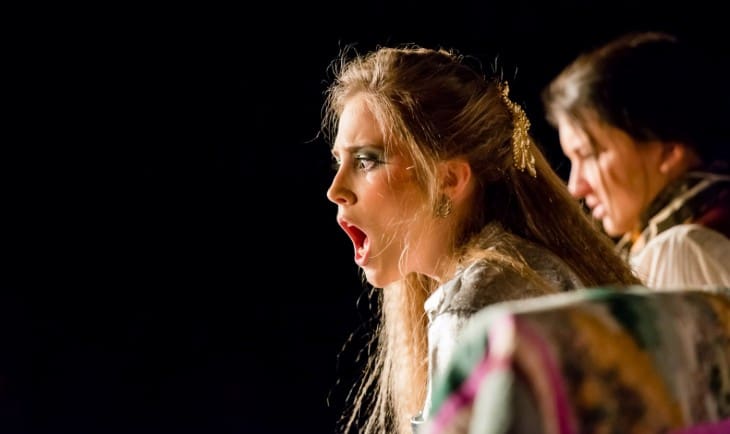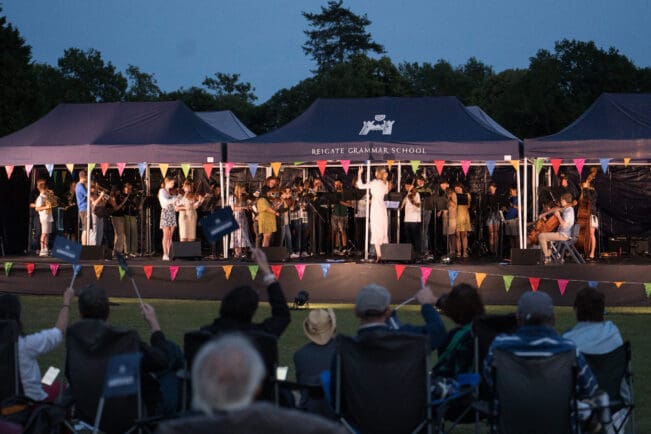
Drama and Theatre
Apart from being accepted as an entry qualification for a vast range of arts, social science and humanities courses at degree level, Drama and Theatre is also recognised as an academic A Level by major universities, including Oxford and Cambridge. Furthermore, the social and communication skills developed as an integral part of the course are invaluable to ‘life after school’: whether you choose an academic, artistic, commercial or industrial career. The course will greatly enhance your cultural experience and provide you with a whole range of personal and group disciplines. In addition, by insisting on informed, accurate and critical analysis in all academic work, the course develops and deepens your intellectual abilities. The course demands a high level of analytical and evaluative skills and a huge amount of independent learning. It is, of course, hugely enjoyable!
The Drama and Theatre course illustrates how drama and theatre have always been related to the historical and social contexts and both of these reflect and influence the manners, politics and attitudes which have been responsible for its birth. To establish the contexts, it is necessary to study the genres, fashions, philosophical movements, legislation, changing audiences and new artistic and scientific developments which provoke theatrical change.
The course is not and cannot be an actor’s training course, designed simply to provide candidates with a showcase for their talent; very few do have the talent and determination to follow such a career. However, the advantages and benefits of an A Level in Drama and Theatre goes far beyond the merely vocational; the value lies in the challenges and rewards that it offers of itself.
The examination is a combination of practical assessment with evaluative elements and a written paper. Studying the course demands the exploration of texts from a range of periods: Greek, Elizabethan, Restoration, Early Realism, Modern British, American and European Drama. It also requires practical exploration of a range of styles: naturalism, physical theatre, expressionism, dance, commedia and high comedy. Texts will be studied in the context of relevant theatrical conventions and styles. We shall look at the impact of twentieth century practitioners such as Stanislavski, Brecht, Artaud, Grotowski and Berkoff. Their influence on contemporary drama will support the practical work undertaken.
You will have to perform both devised and scripted work as part of A Level Drama and Theatre. It is advisable to have taken the subject at GCSE and the following skills are needed to do well in the subject: be a confident and able performer; be critically perceptive; be curious; read widely; go to the theatre; write fluently; enjoy working both collaboratively and independently and have a good understanding of stagecraft.
Please visit the Drama page and the Drama and Theatre Arts website for further information on the myriad of extra-curricular opportunities available. Follow our Twitter feed (@RGSDrama) for the latest updates
Testimonials...
Best private co-educational day school in the Southeast
Happy kids, great results.
Reigate Grammar School is rated as ‘Excellent in All Areas’
RGS Gallery / Snapshot of the School

RGS Gallery / Snapshot of the School



